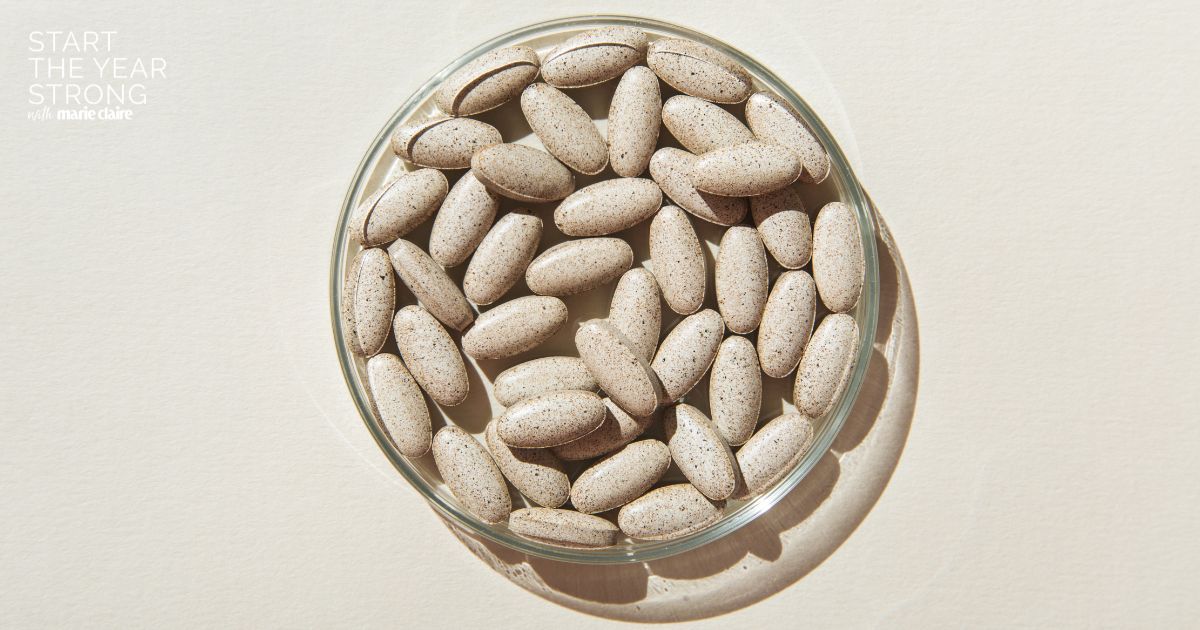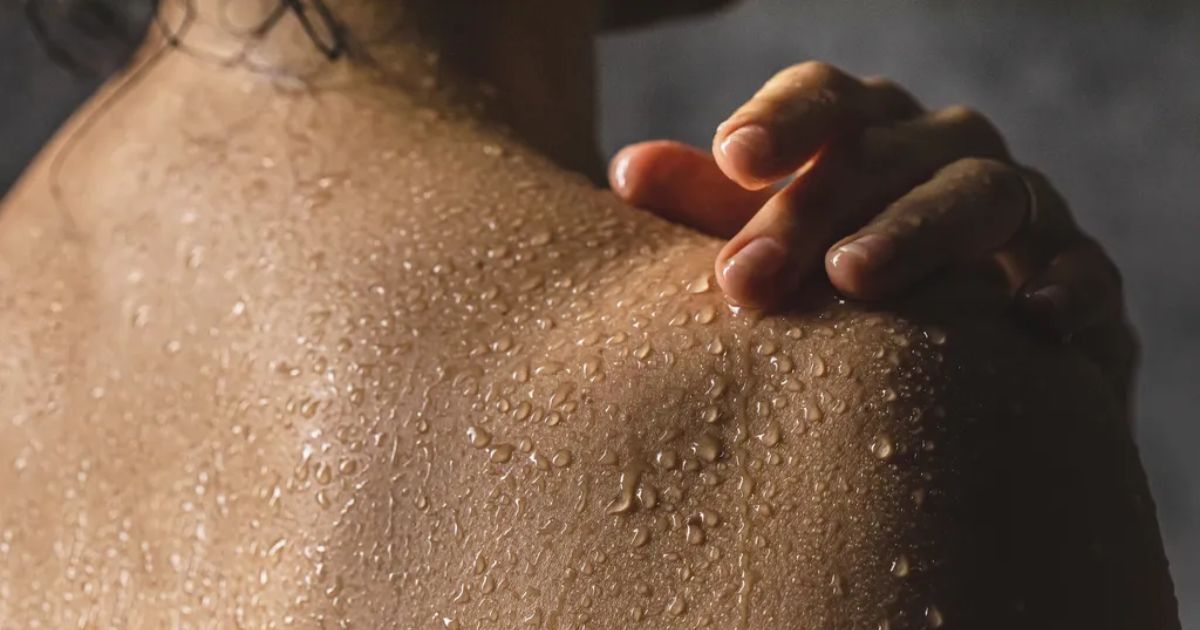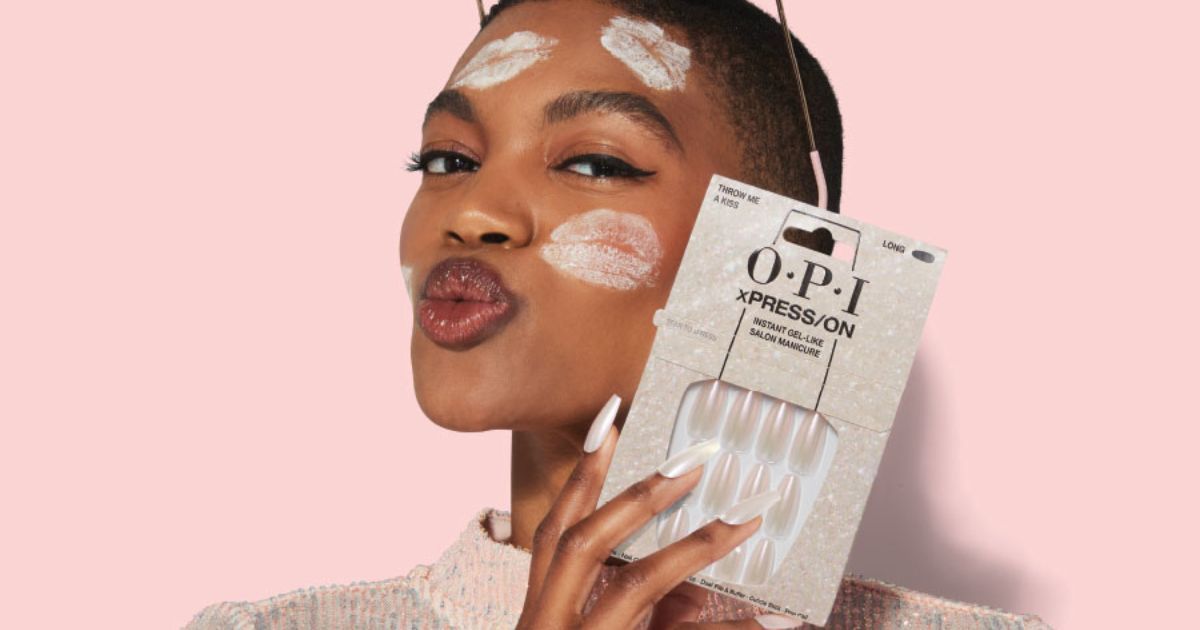Your lazy bedtime routine could leave you with more than just a damp pillow...

Most of us are familiar with those mornings where we wake up feeling like the living dead and our hair has taken on a distinctly Beetlejuice-esque silhouette overnight but did you know that your crowning glory could be a real-life haven for mould and fungus? ‘Mouldy hair’ is all over TikTok and, despite sounding like something out of a horror movie, it’s actually rooted (pardon the pun) in reality as trichologists warn that going to bed with damp hair can encourage more than just curvaceous curls. We’ve all been guilty of shirking the (loud, laborious) hairdryer on occasion in favour of crawling into bed straight from the shower; it’s the hair equivalent of hitting the sack with make-up on. There are even social media trends that encourage it in order to coax perfect mermaid waves, yet the reality can be more monster from the lagoon than sea siren and here’s why. Whilst the jury is out on whether hair mould itself is actually a ‘thing’ (leading trichologist Anabel Kingsley notes that there does not appear to be any concrete evidence for it) what the hair experts do agree on is that an overgrowth of Malassezia yeast (an organism that lives naturally on the skin's surface) and bacteria are a reality, so sleeping with wet hair is a definite no-no. We caught up with Hannah Gaboardi – a leading authority in trichology, to find out more. 'Sleeping with wet hair can create a damp environment which can cause mould and fungal growth,' she says. 'The combination of damp and warmth generated through the scalp can create a breeding ground for microorganisms, potentially leading to scalp issues such as dandruff or fungal infections.' So, how do you know if your hair is affected? 'Clear signs of moulding on the scalp and hair can include a damp odour which is an unavoidable smell that may be hard to remove. Build-up which may feel like wax, a thick greasy texture or extreme dandruff are also signs and these white flakes on the scalp can become extremely irritated and inflamed.' So far, so… icky. What causes these microorganisms to grow in the first place? 'Wet extensions, weaves or wigs, traps in the moisture thanks to a lack of ventilation. Having unsanitary haircare tools and not cleaning your hair brushes may also transfer bacteria which is why it’s important to rinse out any shampoo or conditioners properly. Product build-up can not only lead to mould on your brushes but also severe dandruff.' According to Gaboardi, as well as the risk of fungal or bacterial infections, dandruff and dermatitis, going to bed with wet hair also risks weakening the hair shaft as the hair is more fragile while wet and friction whilst sleeping can cause breakage and split ends, alongside frizz and dullness. To off-set potential damage she recommends employing some precautions, such as sleeping with a silk pillowcase or bonnet and using a lightweight, leave-in conditioner or hair serum before bed to help protect your hair and reduce frizz and tangles by morning. Wrapping your hair in a microfiber towel can also help absorb excess moisture while you sleep, keeping your scalp drier. You have been warned. In need of a new hairdryer? See ourpick of the best.
Should You Sleep With Wet Hair FAQs
Is it okay to go sleep with wet hair?
In a word, no. “Bacteria thrive in moist environments so it’s not advisable to go to bed with wet/damp hair, especially for those who are prone to a scalp condition,” says trichologist Anabel Kingsley. “Ensure that you shampoo on a regular basis and gently dry the hair on a medium/low setting (using a heat protector beforehand), paying particular attention to the roots.”
Is it bad for your hair to stay wet overnight?
Yes, aside from the risk of fungal and bacterial growth on your scalp which can lead to inflammation, a build-up of scale and ultimately extra hair shedding, your hair itself is weaker when wet increased friction and knotting can lead to breakage.
Can your hair get moldy if you sleep with it wet?
Whilst the jury is out on ‘mould’ per se, all experts agree that sleeping on wet hair can cause increased fungal and bacterial growth.
Cassie Steer is acting head of beauty at Grazia with over 25 years’ experience on women’s glossies. She previously served as Beauty Director at Instyle and beauty editor at Marie Claire and her work has featured in Stylist, Sunday Times Style, the Telegraph, net-a-porter.com, glamour.com amongst many more.
Just so you know, we may receive a commission or other compensation from the links on this website - read why you should trust us




















 English (US) ·
English (US) ·